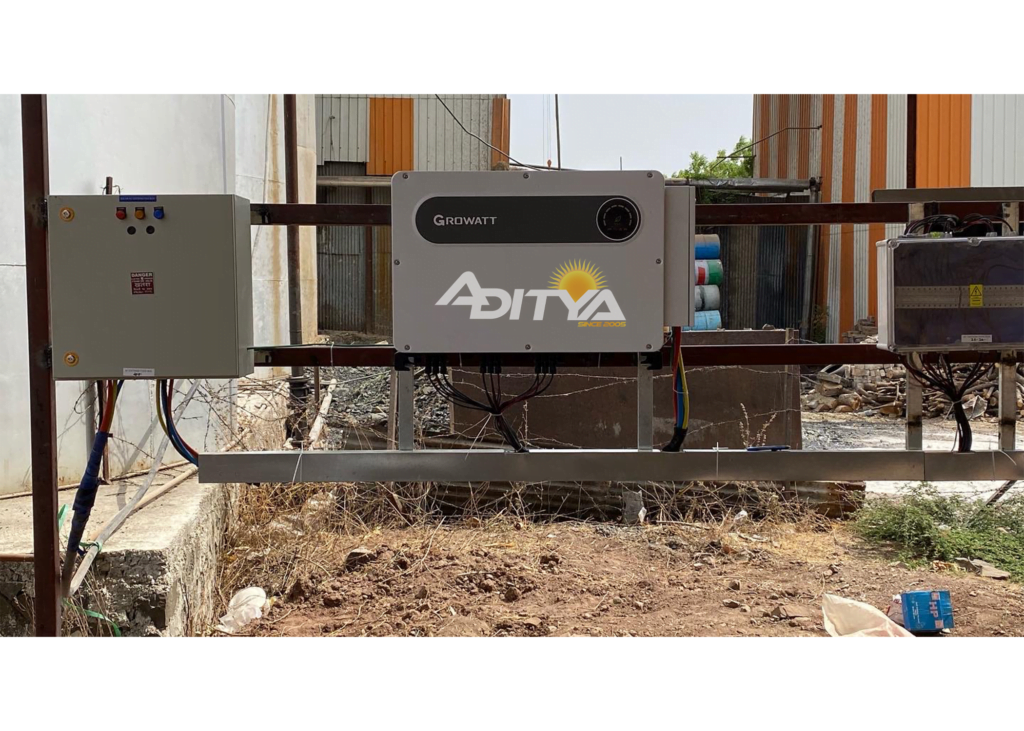
Unleash the Power of Solar Inverters: Your Ultimate Guide
Discover everything you need to know about solar inverters, including types, benefits, and considerations for optimal performance. Learn how solar inverters are revolutionizing renewable energy solutions for homes and businesses.
Advantages of Solar Inverters
In the realm of renewable energy, solar inverters play a pivotal role in harnessing the power of the sun. From converting sunlight into usable electricity to optimizing energy production and distribution, solar inverters are essential components of solar power systems. In this comprehensive guide, we delve into the world of solar inverters, exploring their functionality, types, benefits, and considerations for selection.
Maximizing Energy Efficiency
Solar inverters optimize energy production by ensuring that solar panels operate at their peak efficiency levels. They employ maximum power point tracking (MPPT) algorithms to extract the maximum amount of energy from sunlight under varying conditions.
Enabling Grid Integration
Solar inverters facilitate seamless integration with the electrical grid, allowing users to feed surplus energy back into the grid for credit or compensation. Grid-tied solar systems with inverters enable net metering, reducing electricity bills and promoting energy independence
Types of Solar Inverters
String Inverters: String inverters are commonly used in residential and small commercial solar installations. They convert DC power from multiple solar panels connected in series into AC power for consumption or grid injection.
Microinverters: Microinverters are installed on individual solar panels, allowing for independent energy conversion. They optimize energy production by mitigating the impact of shading or panel-level variations.
Central Inverters: Central inverters are suitable for large-scale solar projects. They manage the conversion of DC power from multiple strings of solar panels into AC power, offering high efficiency and reliability.
Hybrid Inverters: Hybrid inverters combine solar energy with battery storage, enabling grid independence and backup power capabilities. They are ideal for both grid-tied and off-grid applications.
Enhancing System Monitoring and Control
Solar inverters facilitate seamless integration with the electrical grid, allowing users to feed surplus energy back into the grid for credit or compensation. Grid-tied solar systems with inverters enable net metering, reducing electricity bills and promoting energy independence
Considerations for Solar Inverter Selection
System Size and Capacity
When selecting a solar inverter, consider the size and capacity of the solar power system. Choose an inverter with sufficient capacity to accommodate the total wattage of the solar panels and meet the energy demands of the installation.
Efficiency and Reliability
Opt for solar inverters from reputable manufacturers known for their efficiency, reliability, and durability. High-quality inverters may come with longer warranties and advanced features, ensuring optimal performance and longevity.
Grid Compatibility
For grid-tied solar installations, ensure that the selected inverter complies with local grid requirements and regulations. Grid-compliant inverters facilitate seamless grid integration and safety, adhering to industry standards and certifications.
Solar Inverters: A Sustainable Energy Solution
Leveraging Solar Inverters for Sustainable Energy Solutions
Solar inverters are key enablers of solar energy adoption, providing efficient and reliable energy conversion for residential, commercial, and industrial applications. By harnessing the power of the sun, solar inverters contribute to reducing carbon emissions, promoting energy independence, and building a sustainable future
© 2024 Aditya Renewable Energy. All Rights Reserved.
